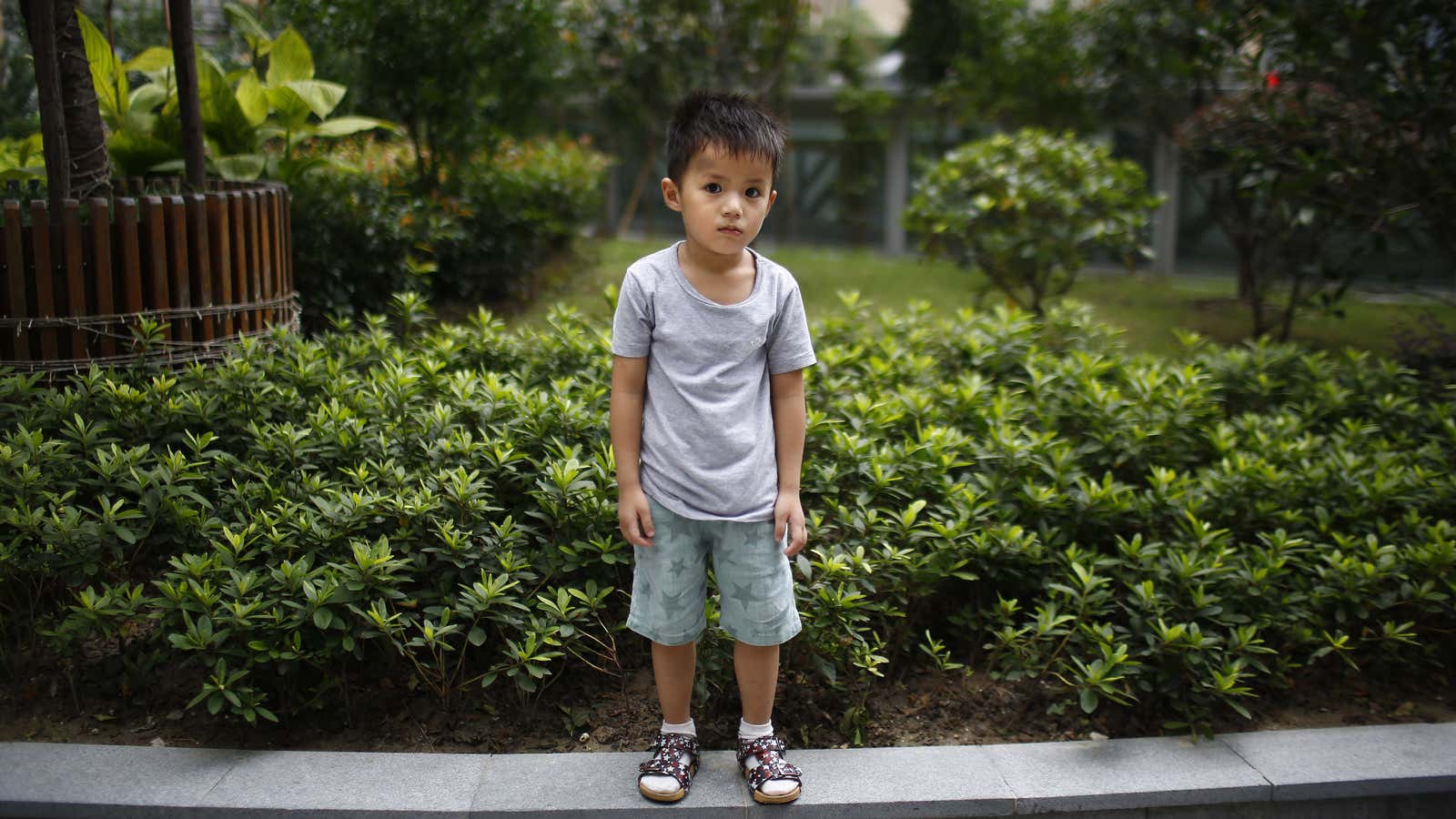It’s the parenting paradox of the moment: never before has it been so easy to stay connected to our families through technology—at the same time, we find ourselves too distracted by our smartphones to interact with them in person.
The everyday choices we make about using our cell phones or working on screens when our kids are present can significantly affect every aspect of their health and development.
For my book The Big Disconnect, I’ve interviewed more than 1,000 kids from kindergarten-age through high school who described having to vie for attention with their parent’s cell phone. They felt their parents were “missing in action,” routinely engaged in conversations, texting, emailing, watching shows, or using apps.
The ripple effect on relationships is equally worrisome. When we drop everything to tend to our phones we’re sending the following message: “It’s okay for me to just check out on you—you are not that important. Our conversation, our presence together, our relationship, none of it is a priority.” We’re also teaching our kids to do the same thing.
Transition times—like getting home from school, or before bed—are especially important: that’s when your child needs your physical, sensory, face-to-face, textured, nuanced interaction the most. Your smartphone pulls you out of that vital connection. We can reboot our tech habits to minimize the mini-moments of disconnect. These simple steps can make a big difference:
1. Mornings are prime time
Plan ahead so that from the time your child wakes up until she is out the door or otherwise occupied, it’s screen-free time for you. This is one of the transition moments when kids need to feel you’re calm and fully present to them. They pick up on the edgy “don’t bother me now” tone of voice if they interrupt you writing an email, compared to the friendlier response they’re more likely to get if you’re making breakfast or packing their lunches. You may decide to get up a little earlier to check your email and tend to your first-thing online tasks before you wake up your children.
2. Driving is no time for phones or screens
You have so little time together with your kids, let this be uninterrupted time to chat or just to share some rare quiet moments, uninterrupted by someone’s conversation filling the space. This can be creative, calming, and synthesizing time for children. Kids forced to listen to adults’ calls often feel stressed by what they hear—and what they don’t hear but imagine.
3. Perk up for pickup
Stash your smartphone when you pick kids up. Children like and need to be greeted by someone who is happy to see them. Nothing says “everything else is more important than you,” than having a parent or caregiver pull up for pickup but hardly look up from a call or texting. Make eye contact with your children. Connect with them. You can’t be fully present if you’re texting or talking to someone else, and you’re less likely to have conversations that give you the emotional weather report of their day. It’s important to hear about their day, and they fare better when they can share it with you.
4. When your children come home from school…
…stay unplugged. Have a snack and talk, hang out a bit. Create the time and space for a calming, refreshing transition.
5. When you come home, be home
Finish your calls or texting before you walk in the door. Prepare for your own transition home by letting colleagues know you won’t be available at certain times. Don’t walk in the door with the expectation that you’ll say a two-second “hi!” and then disappear to “just check” what’s happening at work.
6. Meals matter
No screens or phones at the table is one of the simplest starts for putting kids and family first, and showing your children that when you say they are important, you mean it. Have a box or basket where everyone can drop their devices (silenced) for the duration of the meal.
7. Make bedtime quiet, cozy, unplugged
Nothing spoils the magic of a bedtime book more than a parent checking a text or even just the buzz of the phone in their pocket. Parents need tech-free breathers, too. And no screens in the bedroom for anyone!
8. Use tech to disconnect
Put up an away message indicating when you’ll be back in touch at all these times, and whenever possible while attending after school games, on vacation, or any time that’s family time.
“I know my dad works really hard, and I really appreciate all that he does for us, but sometimes I just want to say, Really Dad, do you have to text on the ski lift? Is there any time that family comes first?” (Jessie 15)
